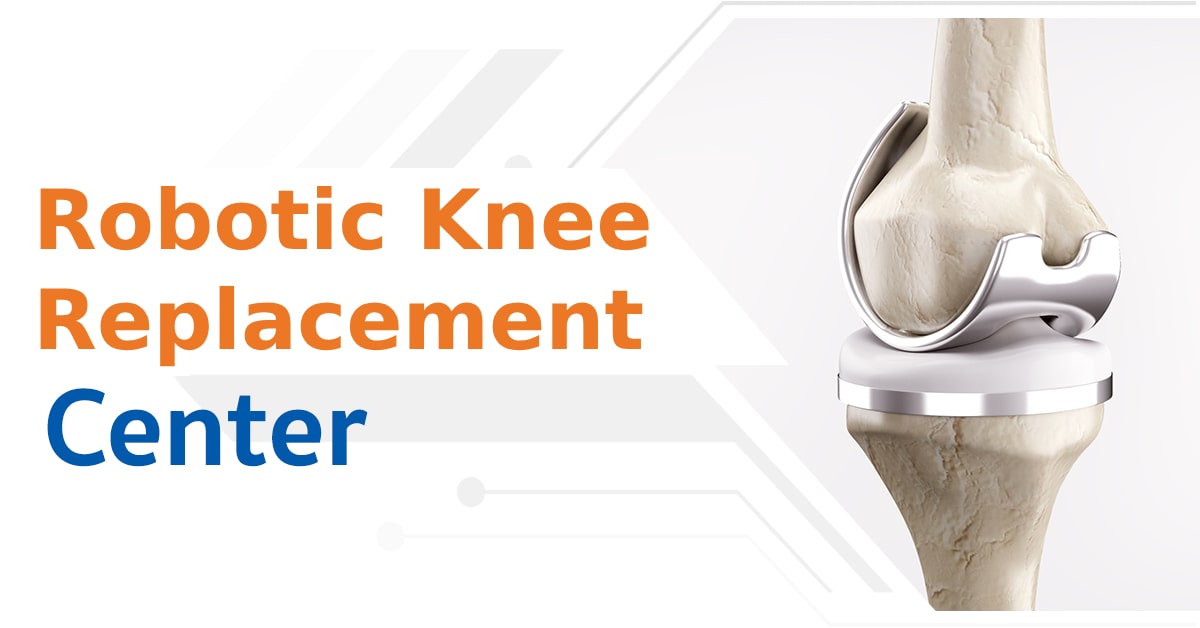

Don’t let snoring disrupt your sleep and result in more significant health issues. It can even be a precursor to sleep apnea, a potentially life-threatening condition. Sleep apnea is when breathing repeatedly stops and starts during sleep. Thankfully, there are effective treatments to address snoring and enhance sleep quality.
Dr. Apirak Junpeng, a pulmonologist at Vejthani Hospital, stated that snoring often arises from the narrowed upper airway. The narrowing occurs from either unusual facial bone structure or abnormalities within the soft tissues surrounding the nose, tongue, soft palate, and tonsils. These factors can cause the muscles to droop and obstruct the airway during sleep. The vibration of air passing through this constricted area generates the sound of snoring. When the upper airway is significantly constricted and breathing is entirely impeded, it leads to sleep apnea.
Symptoms of Sleep Apnea
- Loud snoring
- Waking up in the middle of the night and lack of sleep
- Increasing nighttime urination
- Snoring with episodes of gasping for air
- Sleep bruxism or Periodic Leg Movement Disorder
- Tiredness, headache, dizziness, dry mouth and throat after waking up
- Excessive daytime sleepiness
- Irritability and trouble recalling things
If the symptoms present in individuals, particularly those over 50 years old, those with obesity, hypertension, a large neck circumference, or males, the risk of sleep apnea is significantly higher. Prompt consultation with a doctor is a must for a definitive diagnosis.
Sleep Test, a well-established diagnostic tool, is vital in identifying sleep apnea. The sleep test results confirm the presence of sleep apnea, determine its severity, and determine breathing related to the stage of sleep apnea or sleep posture. Other diagnostic tests that help evaluate sleep are electroencephalography (EEG) to assess the stage of sleep; electrocardiography (ECG) to monitor heart electrical activity, blood oxygen saturation levels, respiratory rate, snoring intensity, and the presence of sleep bruxism or periodic limb movement disorder (PLMD) during sleep.
Dr. Nithipat Chayaopas, an Otolaryngologist at Vejthani Hospital, emphasizes that treatment for snoring depends on the underlying cause. If there is no pause in breathing or shallow breathing, it is advised to change the lifestyle and behavior, such as sleeping patterns and losing weight. Avoid sleeping on your back, as it can develop an airway obstruction. For patients with sleep apnea, the doctor may recommend the following treatment:
Medications: The role of medication in treating snoring depends on the cause of the narrowed airway. For example, patients with hypothyroidism, a condition characterized by a deficiency in thyroid hormone production, may benefit from thyroxine hormone replacement therapy.
Continuous Positive Airway Pressure (CPAP): A highly effective treatment option for sleep apnea is CPAP therapy. This well-established approach utilizes a CPAP machine to deliver a constant stream of pressurized air through a mask worn during sleep. While highly effective, with a 90-99% success rate, some patients may experience discomfort when using the device.
Oral Appliance Therapy: Oral appliance therapy may be a suitable option for mild cases of sleep apnea. These custom-fabricated dental devices, like mouthguards or braces, gently reposition the lower jaw when the tongue drops and obstructs the airway.
Surgical Interventions: The surgical interventions include radiofrequency ablation to reduce nasal turbinate hypertrophy, septoplasty to correct a deviated nasal septum, endoscopic sinus surgery, tonsillectomy, uvulopalatoplasty, or base-of-tongue surgery. For individuals with severe symptoms, maxillomandibular advancement (MMA) may be the most successful surgical option. This procedure involves surgically repositioning the upper and lower jaws to create a wider airway.
Snoring can indicate health concerns. Individuals who experience snoring should consult a doctor for a comprehensive evaluation to identify the causative factors, potential complications, and abnormalities contributing to snoring, such as sleep apnea. Early diagnosis and implementation of appropriate treatment can significantly improve sleep quality and overall well-being.
For more information, please contact
ENT Center, Vejthani Hospital.
Tel. 02-734-0000 Ext. 3400
English Hotline: (+66)8-522 38888
- Readers Rating
- Rated 4.9 stars
4.9 / 5 ( Reviewers) - Spectacular
- Your Rating


























